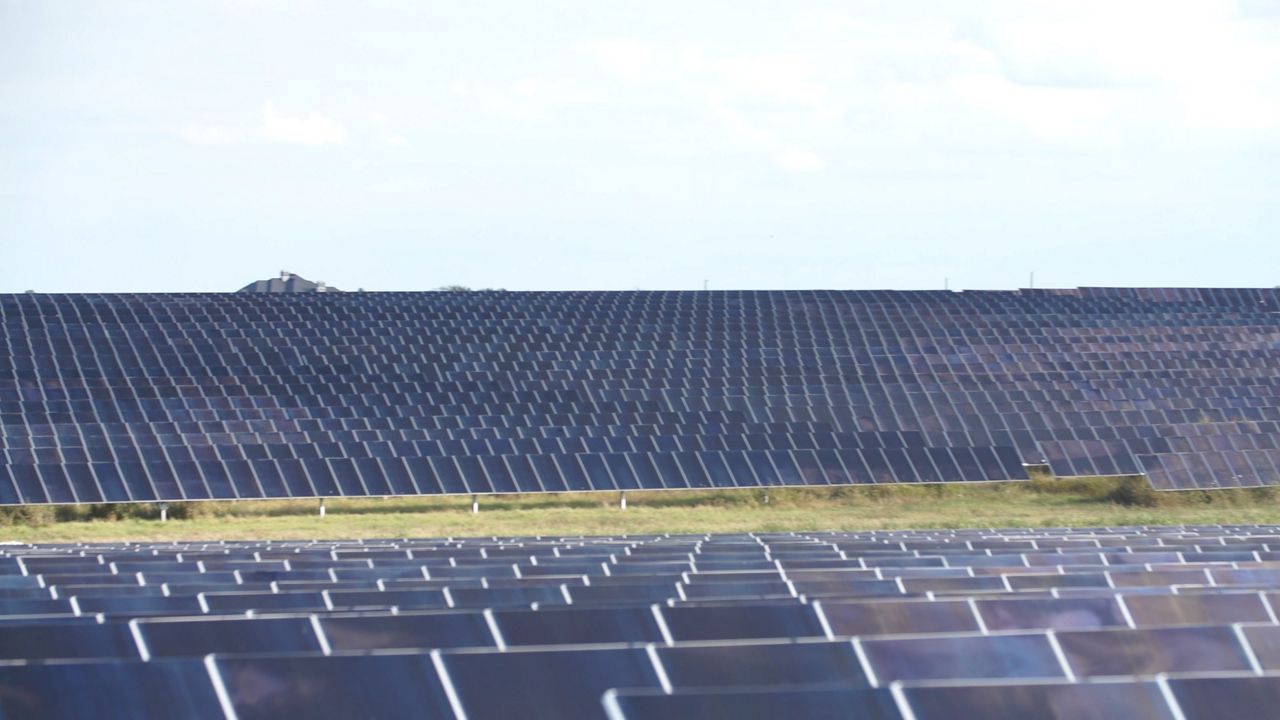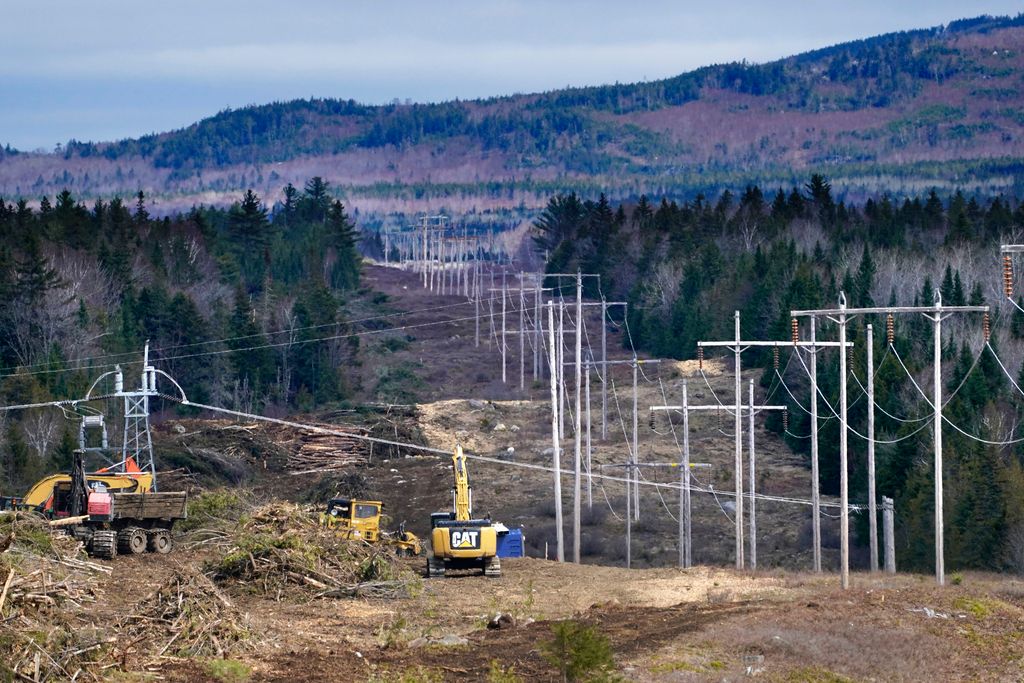Governor Janet Mills is joining calls for Central Maine Power to halt construction of its controversial transmission line in Western Maine until regulators and the courts can sort out the implications of the Nov. 2 referendum vote against the project.
It comes ahead of a Monday hearing on the matter before the Department of Environmental Protection, and with several outstanding lawsuits that could affect the project’s future — including a Superior Court challenge of the referendum from CMP’s parent company, Avangrid, and a state Supreme Court appeal of a decision against a public lands lease for the project.
Announcing Friday that she’d certified the results of the referendum vote, Mills said she had also sent a letter to the New England Clean Energy Connect project’s CEO, Thorn Dickinson.
“While it is presently within CMP's legal right to (continue building the project), and while I have no legal authority to direct you to stop construction,” Mills wrote, “your decision to forge ahead heedless of the clear will of Maine voters and the pending questions before the court and DEP I believe is disrespectful to Maine people.”
Late Friday, Megan Gray of the Portland Press Herald reported that CMP has agreed to halt construction.
Mills reiterated her support for the power line, which she has said is an important way to bring more renewable energy onto the New England power grid as a way to fight climate change.
“But more than any single policy or project, I support the rule of law that governs our society and the will of the people that informs it,” she wrote. “While you are not legally obligated to do so at this point, immediately halting construction in a voluntary manner will send a clear message to the people of Maine that you respect their will. I strongly urge you to do so.”
Corridor opponents like the Natural Resources Council of Maine have rallied against the project in recent days and applauded Mills’ letter.
“CMP’s project is now in serious jeopardy and should be terminated,” NRCM advocacy director Pete Didisheim said in a statement. “It’s time for CMP to respect the will of Maine people by abandoning this controversial project and restoring the portions of western Maine it has damaged.”
The referendum law Mills certified Friday bans transmission lines like the CMP corridor from the Upper Kennebec region and applies retroactively — as well as requiring two-thirds legislative approval in the future — to similar projects elsewhere in the state. She also certified the two other ballot questions voters approved this year — a transportation bond and a constitutional right to food.









